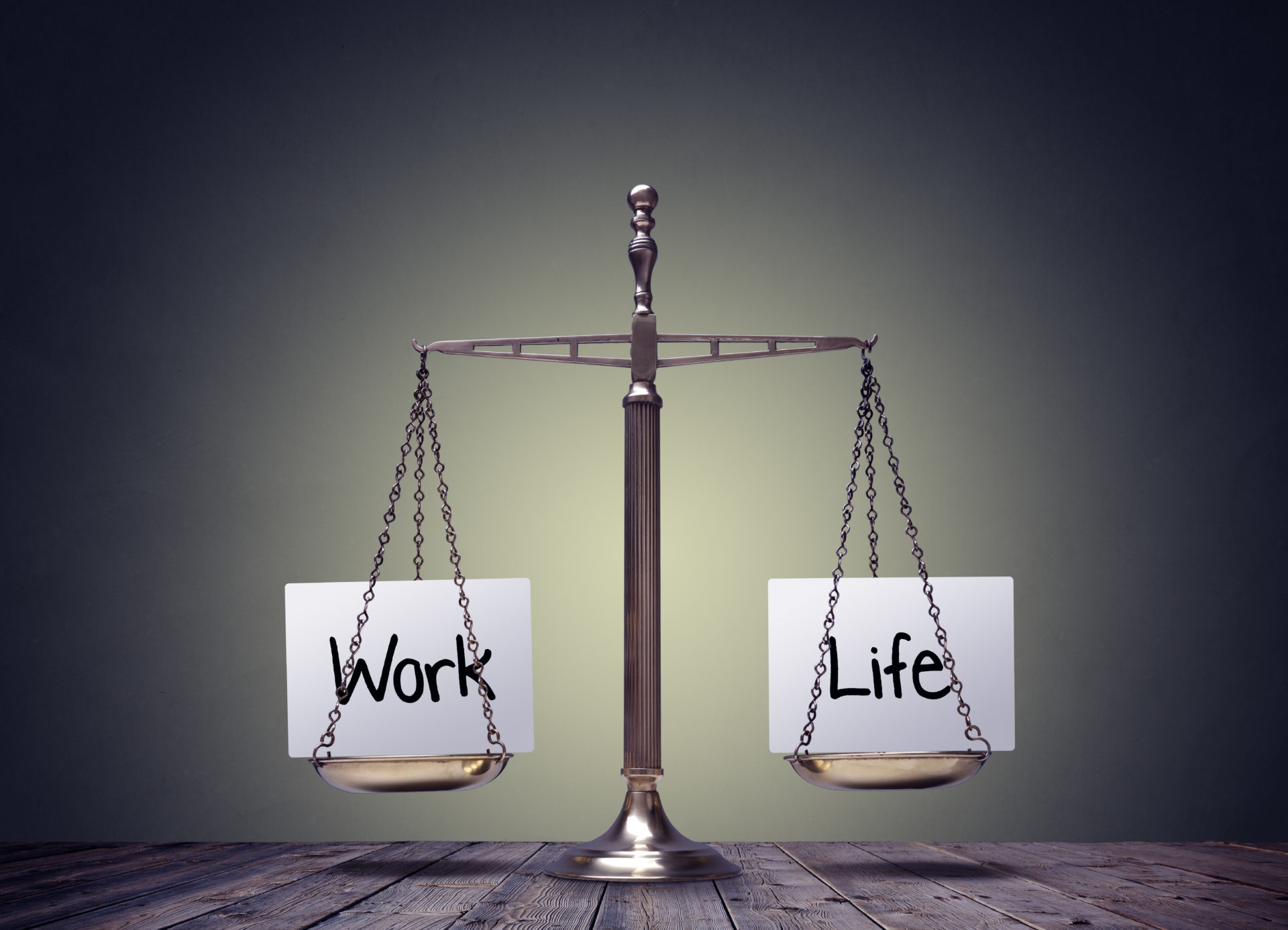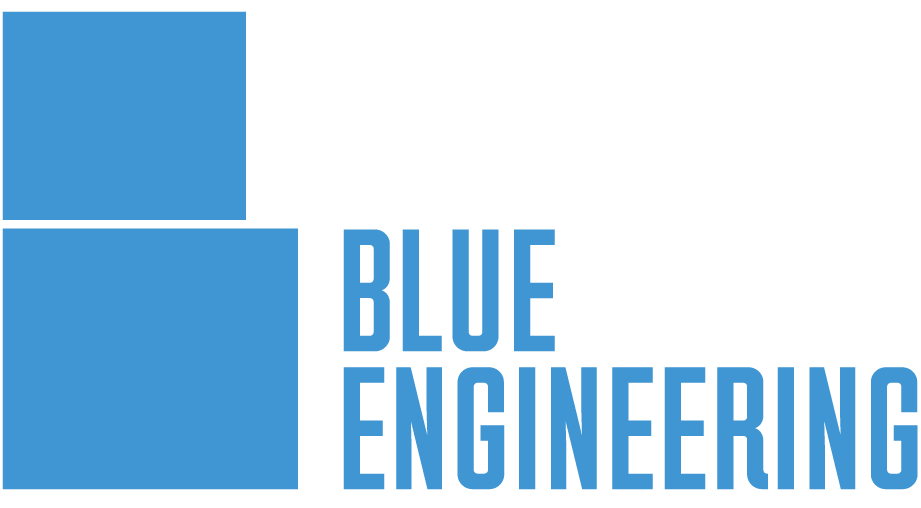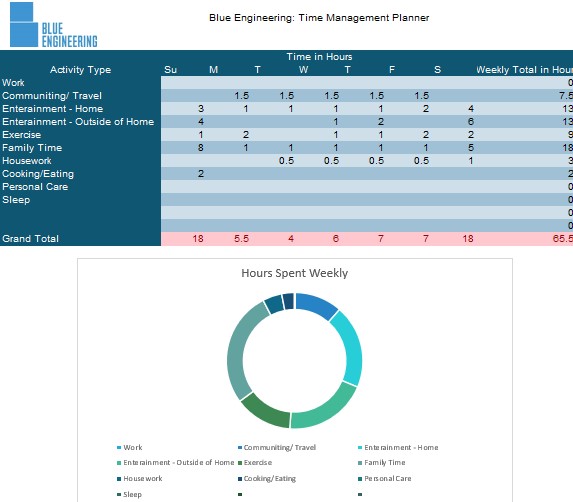Written by Lili Brown
What is work-life balance?

In this article, we will be exploring work-life balance and steps you can take to improve it in your life. The idea of work-life balance dates back to the industrial revolution when Robert Owen coined the phrase, ‘8 hours labour, 8 hours recreation, 8 hours rest.’ Since then, office workers’ ideas of what an ideal equilibrium should look like have changed. It is no longer about dividing your time equally but having the flexibility to do your job well and still have time to enjoy your life away from work.
With the pandemic came a rise in working from home, which has further shifted what society expects from a work-life balance. Having realised the benefits that working from home brings, people are eager to control their time. It is important to remember having harmony between personal life and work is not something that you achieve it is something that is worked on continuously to improve.
What makes work-life balance important?
By taking ownership of your work and personal time, you can prevent yourself from having poor physical and mental health, meaning less risk of being burnt out. It means that you are more productive and have a better quality of life that prevents you from developing issues, such as hypertension, digestive troubles, heart problems, anxiety, depression and more. The effects on health are both in the short and long term, someone working a ‘normal’ working week, has less risk of a stroke in their lifetime than someone who works a 55-hour workweek.

Ensuring that your work does not take over your life means your personal life will see benefits; a survey by Benenden Health shows that a third of employees felt that their work-life caused them a lack of personal development. It is vital to maintain your relationships outside of work, take time for the people you care about to prevent you from feeling disengaged.
Are you looking to work with a company that encourages a healthy work-life balance? Visit our Careers page to view our current vacancies.
Time Management
One way to improve your work-life balance is to have a clear understanding of your time management. Everyone has varied ways of working that best suits them; once you understand how you get the most out of your time, make your work schedule fit into it. For example, if you find that you are more productive in the morning, blocking out time away from meetings or calls allows you to focus on your work. Regularly marking off periods in your calendar allows you to allocate time to focus on work that needs your full attention. Take advantage of having a work calendar and tick off the tasks you complete. Blocking out your calendar also shows your colleagues that you are busy during these times, and you should not be interrupted.
Another important aspect of time management is setting boundaries, it is important to unplug from work and not check work emails or messages outside of working hours. Learn to separate your work time from your personal time, this is especially important when working from home. If possible, have a separate place for working, and if you cannot, find another way to separate the two – e.g. still wear ‘work’ clothes when working from home.
Download our time management planner to plan your time effectively. You can edit and adapt it to suit you!
Social Life
Making time to socialise outside of work can be difficult, especially if you have had a hard week and are feeling emotionally drained. It is easy to let time go by and have months pass before you realise there are certain people you haven’t seen in a while. Similar to using your calendar at work to carve out your time, using a calendar for your personal life can be useful. Either by having one printed out on your wall or using the one on your phone you can ‘book’ in time with your friends and family. This stops you from getting wrapped up in the work routine and ensures you still make time for friends and family.
Physical and mental health
Your health should be one of the most important things to you; if you do not look after yourself, you can cause issues lasting throughout your life. After a hard day of work, it can be hard to find the motivation to go to the gym or to exercise, but using small moments in your life to get active can still have a big difference.

For example, use your lunch break to do a quick workout if you are working from home, or go on a small walk while you are in the office. Taking breaks to relax and reset are also important, spend some time on something that makes you feel happy every evening, such as rewatching your favourite show or playing games with some friends.
To read about Blue’s commitment to Wellness, read the article: Our Values and Culture.
Holidays
It is important to use all your holiday days throughout the year. Holidays are an effective way to give yourself a break and time to reset; a weekend off is not enough to fully allow yourself to detach from work. The benefits of using up your holiday days are not just to your physical and mental health, but also your productivity. Humans have a natural cycle of alertness and fatigue, which come in periods of 90 minutes, and people generally ignore this in their working days. It is important to take a longer break to allow yourself a full recharge. When you return to the office you will feel less stressed, be more creative and confident.
Digital tips
We live in a digital age with an app for almost anything, these apps can be used to influence a better work-life balance. You can find apps such as Timeneye, which helps you manage your time; it syncs up with other apps and records how you use your time in and out of work. You can also get apps that remind you to work out and give you quick and easy workouts for the day. Apps such as Calm allow you to unwind and have uninterrupted meditation. Using banking apps such as Monzo or Starling is useful to track your spending and take away the stress of managing your finances.

In Summary
No one has a perfect work-life balance; it is a constantly evolving lifestyle and can be balanced one week and unbalanced the next. Society’s idea of what is a good work-life balance is also ever-evolving, what was considered healthy 50 years ago is now considered unbalanced.
Remember to evaluate your life and point out the areas you need to improve. Work on your time management, balance your social life and take time to reset. Make time for your hobbies in the evening and use all of your holiday days. If you struggle to switch off, download the apps available to guide you; use them to keep track of your plans and goals. Ensuring a healthy work-life balance is vital to physical and mental health.
To manage and plan your time more efficiently, download the Blue Engineering: Time Management Planner. If you are interested in working with us, see our current vacancies here.

